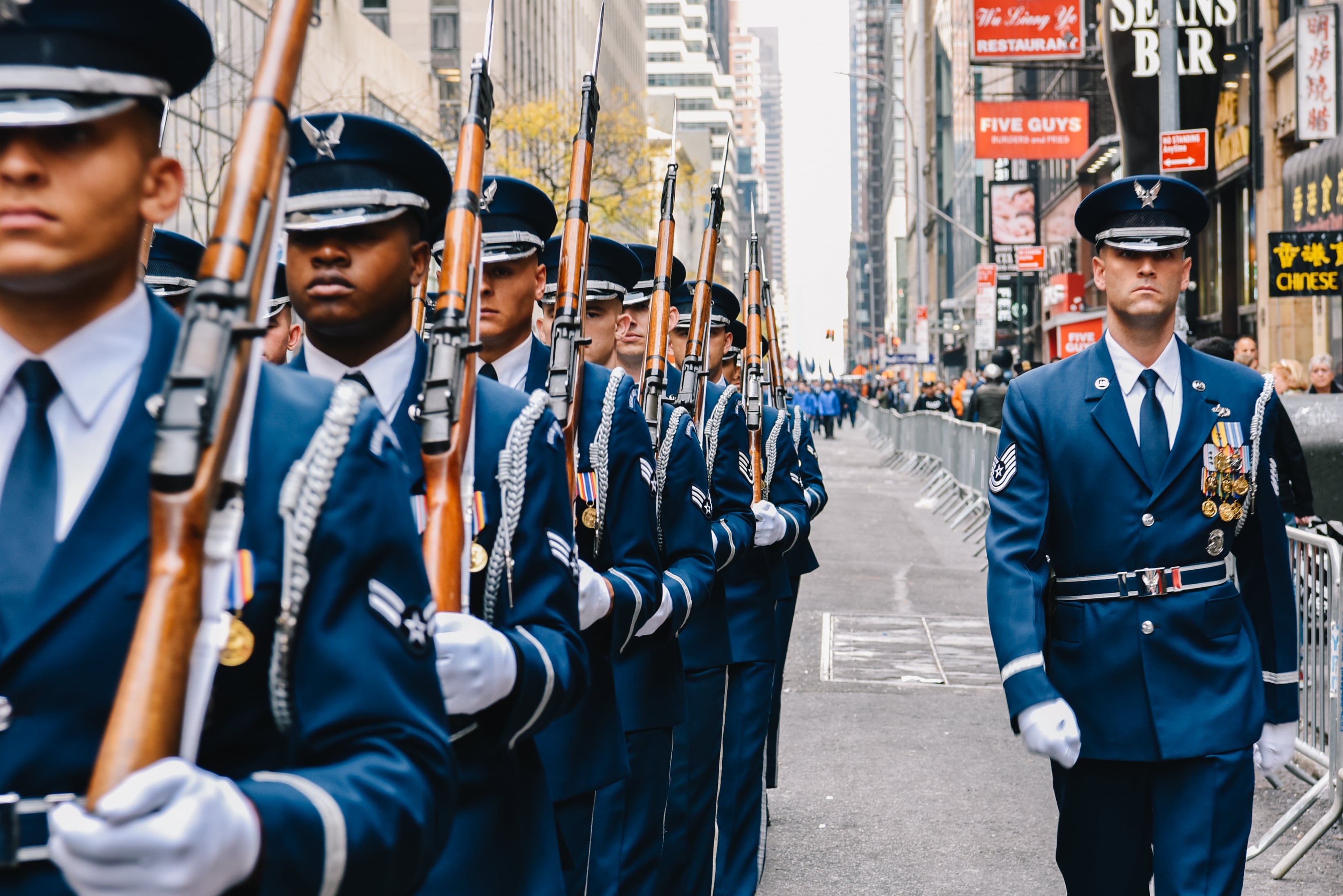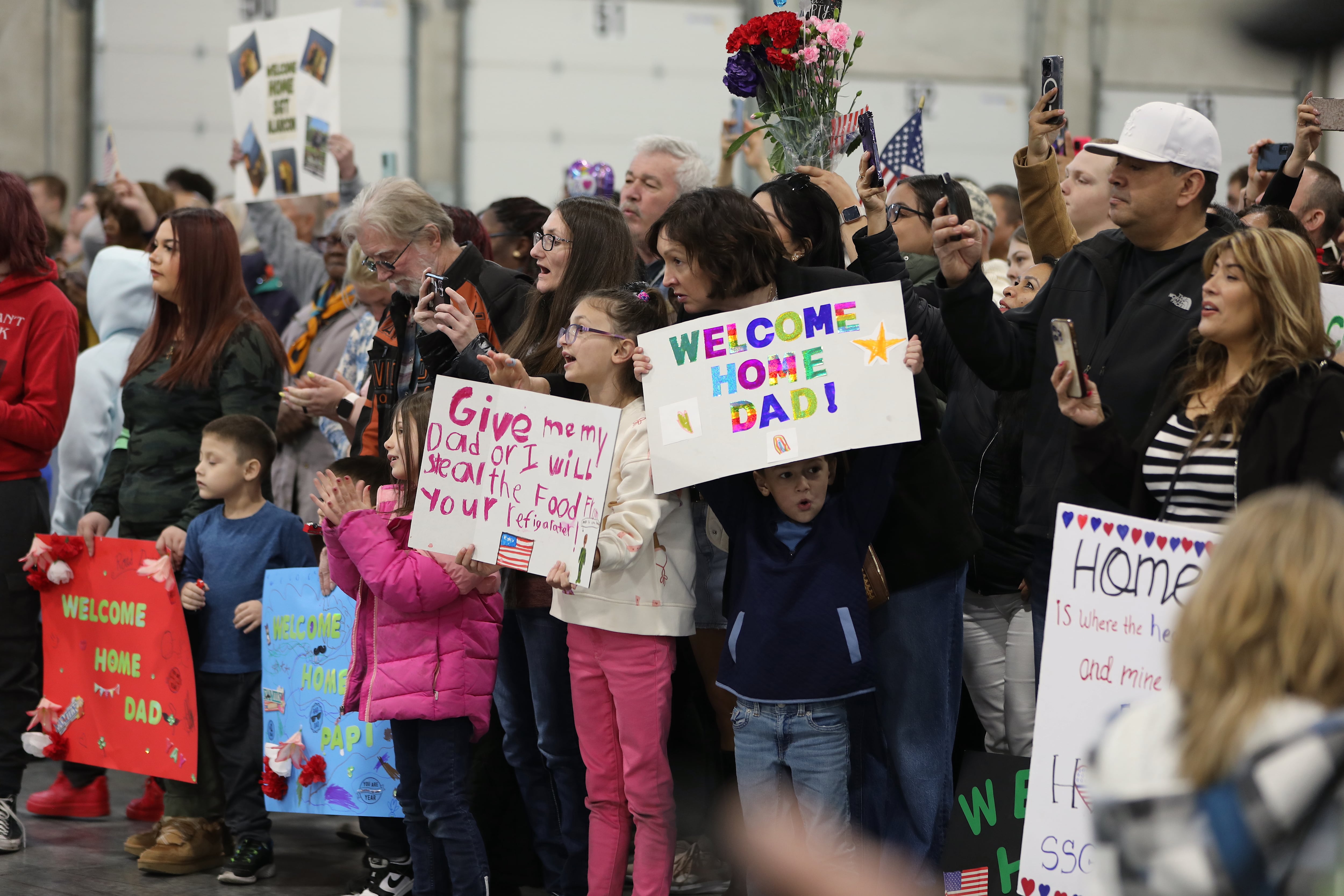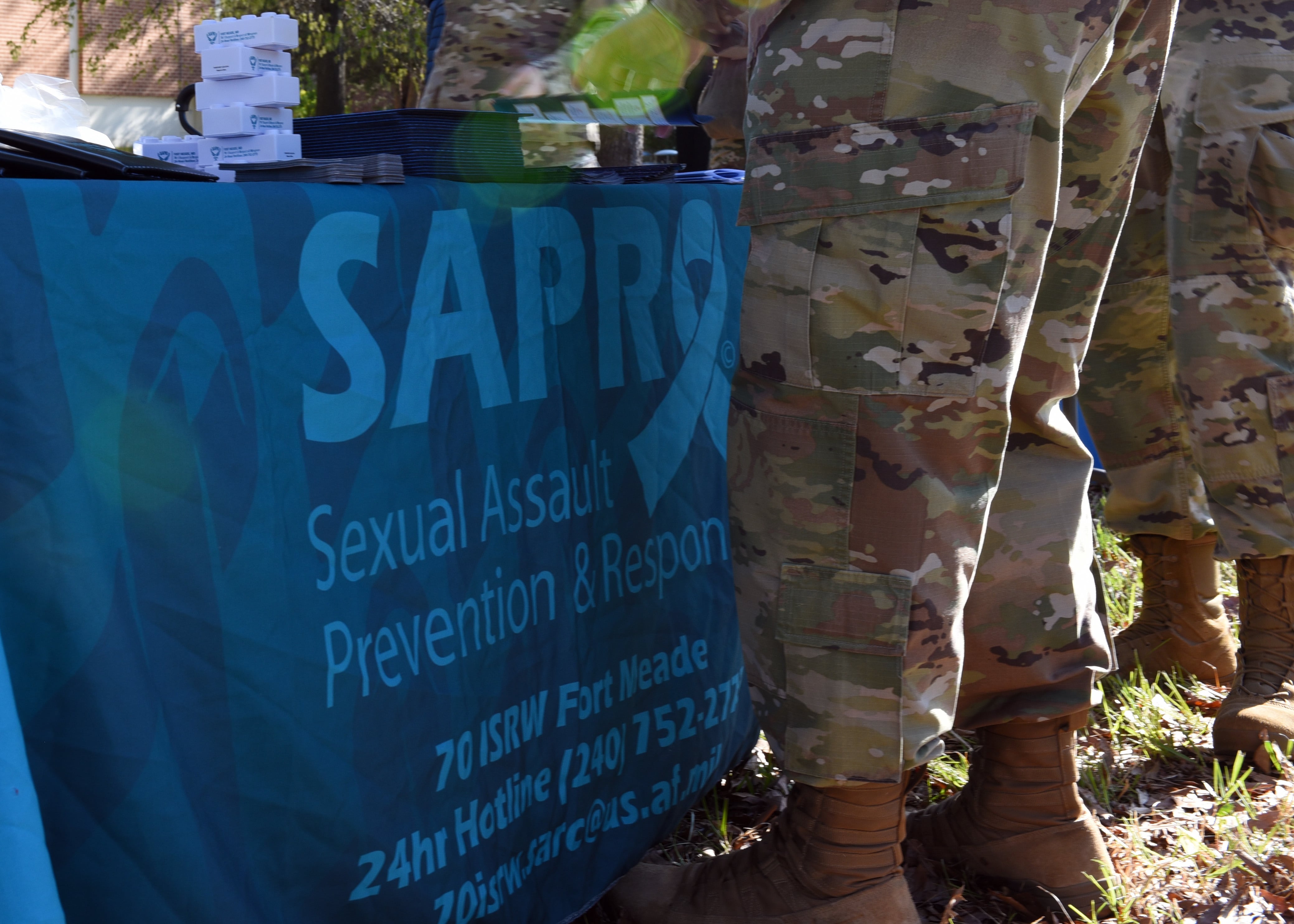Editor's note: The following is an opinion piece. The writer is not employed by Military Times, and the views expressed here do not necessarily represent those of Military Times or its editorial staff.
Though ISIS has failed to control big chunks of land in Afghanistan, the terror group continues to be a potent threat. It is continuously trying to gain a foothold in the area while launching deadly, destabilizing attacks in Kabul. America launched its war in Afghanistan in October 2001 with the goal of ensuring the region was never again used as a haven for terrorism.
Today, that mission is more vital than ever. With ISIS operating in Nangarhar province of Afghanistan, and 20 of the 98 U.S.-designated terrorist groups operating nearby in Pakistan, America's role in the region is crucial.
Afghanistan and the U.S.need to continue to persevere and stand against the terrorist groups and insurgents. An increase in U.S. advisers will boost the morale and capability of Afghan forces.
The head of U.S. Central Command recently expressed his support for increasing the number of U.S. forces in Afghanistan. The head of the U.S. mission in Afghanistan, Gen. John Nicholson, made a similar request during his testimony before the Senate Armed Services Committee in February.
In July 2016, ISIS claimed responsibility for a suicide bombing in Kabul that killed 80 people. Another ISIS suicide bomber killed 22 in an attack on the Afghan Supreme Court last month. The recent assault on a military hospital was a shocking example brutality — Islamic State fighters disguised as doctors fought against Afghan Security Forces for hours, leaving 30 people dead and 50 others wounded.
Afghanistan is an extraordinarily complex region where the Afghan army is fighting more than 20 different terrorist groups. Battling multiple enemies has stretched Afghan troops thin, as they endure heavy casualties while taking the lead on the battlefield.
Critics point out that the war in Afghanistan is the longest war in U.S. history, with what appears to be no end in sight. Much has been spent in both blood and treasure on both sides, with Afghan forces reeling from record casualties last year.
But after a decade and half, significant progress has been made in Afghanistan. It is now:
- A thriving democracy where women enjoy considerable freedom.
- A vibrant civil society and free media that would have been impossible without the help and cooperation of the U.S. and its allies, for which Afghans are very grateful.
- A live and active Security Forces platform that stands and fights against the most brutal terrorist groups in the most complicated of regions, where external countries like Russia, Pakistan and Iran are working against the common interest of Afghanistan and the U.S.
On the war front, Afghan forces have struggled to beat back a resurgent Taliban. However, progress has been made here as well. For the first time, in 2016, the Afghan Air Force took the lead for air combat operations while operating brand new air platforms to include the A-29 Super Tucano — a fixed-wing turbo-prop plane designed for assisting ground combat operations. The Afghan air force also conducted operations with the first armed variants of the MD-530 Cayuse warrior — a small but potent attack helicopter armed with 20-mm rockets.
As Nicholson indicated to lawmakers in February, the stalemate in Afghanistan can only be broken with "offensive capability." And "the key offensive capabilities in the Afghan Security Forces are their special forces and their air force," he told senators.
Afghan special forces and commandos have spearheaded 70 percent of the Afghan army's operations across the countryside. The 17,000-strong force in 2016 conducted 80 percent of their operations independently, according to testimony provided by Nicholson.
These are only a few out of the hundreds of examples of the progress and achievements that would have not been possible without the help of the U.S. and its allies.
However, the mission still remains unaccomplished. Insurgents and terrorist groups in the region are trying to dominate the area. They launch their attacks to destabilize the region in order to turn it into a safe haven for terror.
A lot of valuable lives have been given for Afghanistan; we need to respect the sacrifices of the fallen and continue this mission until Afghanistan is fully capable of defending the region from the scourge of terrorism. We need to send a message to the families of the fallen that the mission their loved ones gave their valuable lives for has been accomplished. They have made the world and our lives here in the U.S. peaceful and protected through their sacrifices.
The terrorist groups that we are fighting in Afghanistan are not confined to the region but are transnational entities. They have a global agenda with global objectives. If the streets in Kabul are not secure, we cannot secure the streets of New York, Washington, London or Paris. We should be concerned about any place in the world where terrorist groups like ISIS might establish a foothold.
Moreover, regional actors including Iran, Russia and Pakistan — which have been involved in interfering in Afghanistan’s affairs from a long time — have increased their activities in the country to a major extent recently. Speaking to journalists on April 24, Nicholson and Defense Secretary Jim Mattis would not deny that Russia was providing arms to the Taliban and undermining the NATO mission in the region.
A thriving and successful democracy will send a message to countries in the region that this is the best way of life, and it will stand as a living example of the rule of the people.
Afghan Security Forces have been bearing the major brunt of the war. Huge sacrifices have been made by the Afghan Security Forces from the time the responsibility of fighting has been shifted to Afghans themselves. During the past 12 months, militants carried out 23,000 attacks but did not achieve their goal of capturing their target provinces. To win this war, additional forces will help the Afghan Security Forces bring stability to the country.
Progress, though slow, is still being made in Afghanistan, and America's role is still needed in the region. Together, Afghanistan and America can ensure the region is never made a safe haven for terror groups ever again. A departure of America's leadership and effort in the region will only create a vacuum that will be occupied by emboldened groups that wish to harm the interests of the international community.
Ahmad Shah Katawazai is the d
efense liaison and national security expert at the Embassy of Afghanistan in Washington D.C. He previously worked with the Ministry of Foreign Affairs of Afghanistan. Katawazai has a master's degree in international relations and a second master's in Global Security Studies from the Johns Hopkins University. Katawazai is a freelance writer. You can follow him on Twitter at @askatawazai





